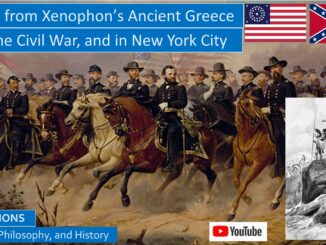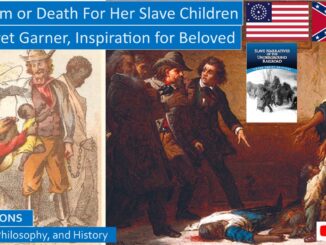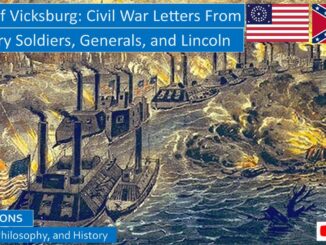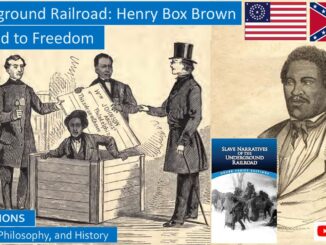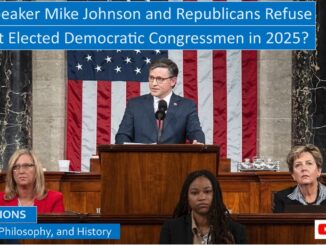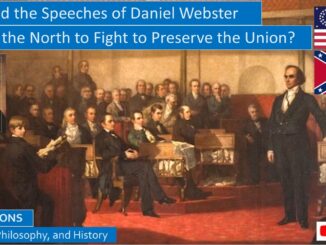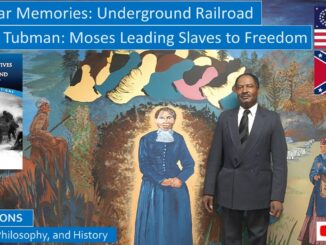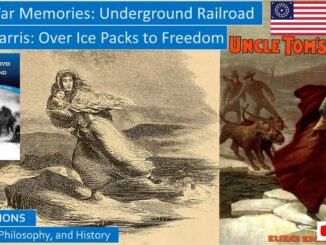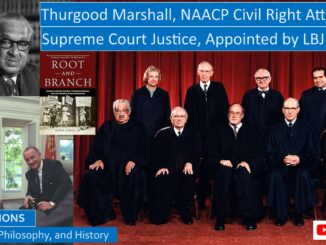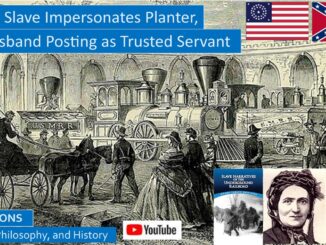
Fleeing Female Slave Impersonates Planter, Husband Posing As Trusty Servant: William & Ellen Craft
In the 1850s, “William and Ellen Craft were slaves in the State of Georgia.” Their “desire to be free was very strong.” It was rare for slaves that deep in the Confederacy to successfully flee, but it “occurred to William and Ellen, that she might act the part of master and her husband the part of servant.”
“Ellen was fair enough to pass for white,” but how to transform her into a young planter? She needed to “dress elegantly in a fashionable suit of male attire, and have her hair cut in the style usually worn by young planters.” But she was beardless. So, they muffled up the face of the young planter as if he were “suffering badly with a toothache.” […]

